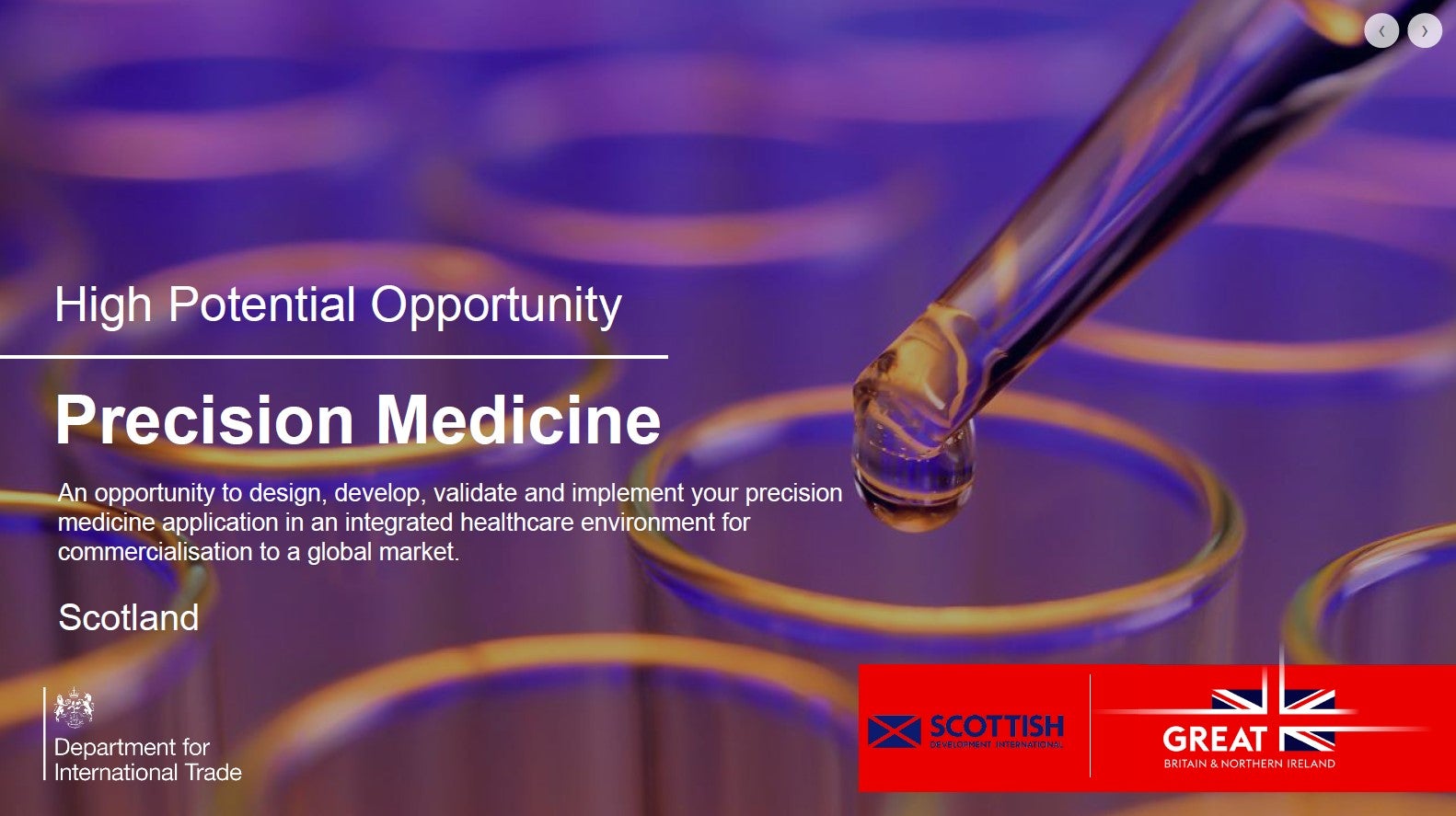Bringing the Internet of Things to Healthcare
The Internet of Things (IoT) has become industry-agnostic jargon to describe how technology is currently being embedded in multiple markets, including healthcare, and evolving the way in which business is conducted. The IoT has evolved the way stakeholders currently interact with and will continue to streamline the processes involved in frontline healthcare work.
The internet of things in healthcare: an overview
The IoT is described as a network of physical devices that uses connectivity to enable the exchange of data. These devices are not necessarily the intricate technological advancements. They do, however, streamline processes and enable healthcare workers to complete tasks in a timely manner. Companies that specialise in healthcare or technology tend to heavily invest in IoT. At present, most tech devices come with some form of connectivity, from wearables such as biosensors to X-ray machines with Wi-Fi or Bluetooth. IoT-enabled medical devices provide critical data that assist health practitioners perform their jobs.
IoT in healthcare facilitates mundane albeit important tasks to improve patient outcomes, and also takes some of the burden off health practitioners. Tasks such as remote patient monitoring, treatment progress observation, and the housing of vaccines are all capabilities of medical devices with integrated IoT.
Healthcare IoT in action
One good example of the IoT being used in healthcare is the Kinect HoloLens Assisted Rehabilitation Experience (KHARE) platform, which was created by Microsoft Enterprise Services in conjunction with the National Institute for Insurance Against Accidents at Work (INAIL) for mirror neuron therapy. The KHARE platform allows real-time data feeds that allow practitioners to create holistic and personalized physical therapy programs for patients regardless of their location. The KHARE platform connects to Microsoft’s Azure IoT Suite; through this, physicians are able to see data from a 30 minute physical therapy session. The KHARE platform is currently undergoing a clinical study that is scheduled to end in January 2020.
Another example is the Smart Fridge by Weka for vaccines, which addresses mainstay issues in vaccine management such as storing vaccines at a recommended temperature, the reliability of electrical power, and inventory errors leading to spoilage. The Weka Smart Fridge allows remote monitoring to ensure vaccines are stored at the correct temperature, and automated inventory management services allow clinicians to feel at ease and updated about storing vaccines. The supplementary kiosk allows health practitioners to log on and specify the vaccine that is needed, at which point the Smart Fridge provides access to the single vial that was requested, leaving the rest of the inventory undisturbed. Not only does the Smart Fridge streamline the process of interacting with vaccines, it also allows for data to be analyzed and trends to be harnessed to create better vaccine programs, especially in high-risk rural areas.
Not only are the IoT devices themselves important, the aspect of analyzing data is a secondary benefit that they offer. Thus, IoT data analysis platforms such as Kaa (KaaIoT Technologies), MindSphere (Siemens) and Azure (Microsoft) allow data to be collated from IoT devices to draw meaningful actionable trends.

US Tariffs are shifting - will you react or anticipate?
Don’t let policy changes catch you off guard. Stay proactive with real-time data and expert analysis.
By GlobalDataIoT has come a long way in recent years and is well integrated within multiple industries, including the healthcare space. The continued implementation of IoT within healthcare will lead to a drastic increase in productivity and analysis of data. Advancements in technology in regard to medical devices will improve patient outcomes with better analytics, and GlobalData believes the IoT will expedite this process.






